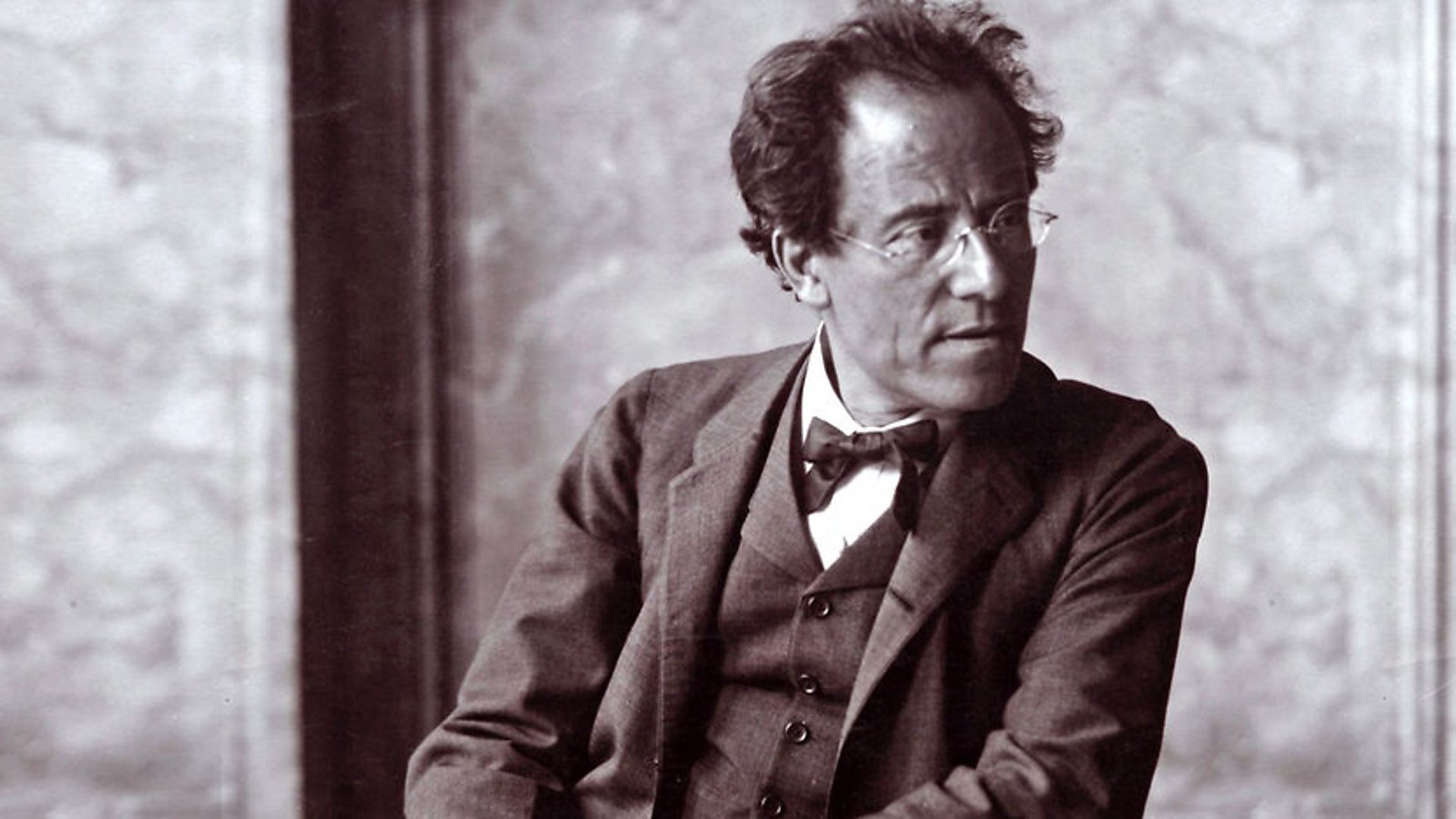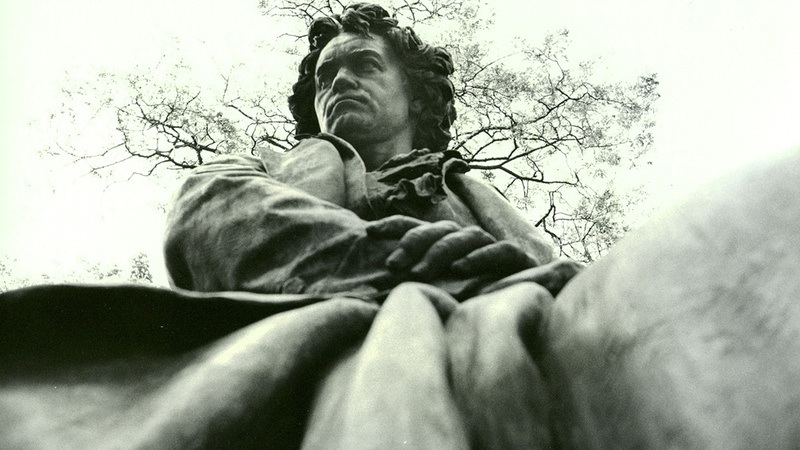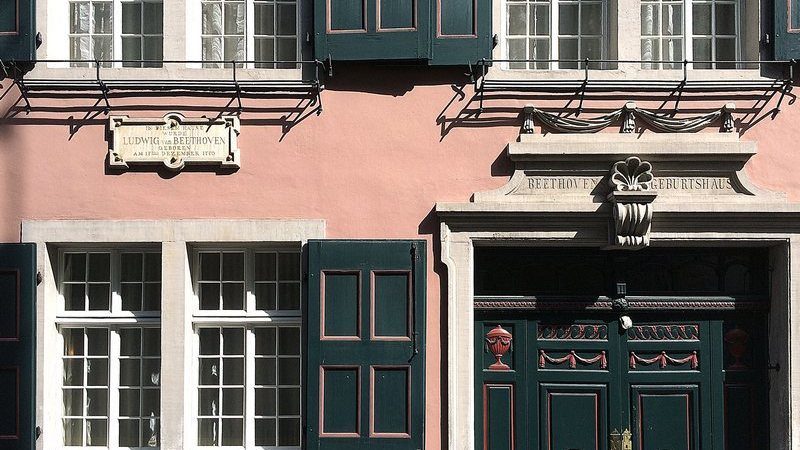Haydn’s Symphony No. 49, “La Passione”
Franz Joseph Haydn’s Symphony No. 49 in F minor is shrouded in ominous, gray clouds. It’s filled with the dark drama and turbulence of Sturm und Drang (“storm and stress”), a movement that swept through German literature and music from the late 1760s to the early 1780s as a precursor to Romanticism. Beginning with a solemn Adagio, the Symphony’s four movements follow the structure of the church sonata (slow-fast-slow-fast), a baroque form that was already …







